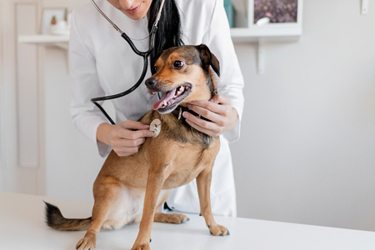Development And Regulation Of Veterinary Monoclonals
Prepared By Adam Tuszyner, Registration Documentation Specialist, Pharmacovigilance Specialist

Today, only a few veterinary monoclonal antibodies (mAbs) have been approved, but the field is rapidly growing with more in development. The approval process for veterinary mAbs is similar to that of human mAbs, with companies required to provide comprehensive data on quality, efficacy, and safety. However, veterinary mAbs are less recognized compared to human mAbs.
In the European Union, the approval process is governed by the Committee for Veterinary Medicinal Products (CVMP), while in the United States, it is handled by the FDA or USDA. The clinical development of veterinary mAbs is less complex and risky compared to human mAbs, with laboratory studies followed by field trials with client-owned animals.
The use of veterinary mAbs has shown promising results in treating various conditions in companion animals, leading to commercial success for manufacturing companies. The future of veterinary mAbs looks promising, with discussions on the regulatory pathway for biosimilars already underway and the expectation of many breakthrough mAbs being approved for both companion and farm animals in the coming decades. Explore the specific regulatory processes and ongoing development of veterinary mAbs in the EU and the U.S. by accessing the full article below.
Get unlimited access to:
Enter your credentials below to log in. Not yet a member of Biosimilar Development? Subscribe today.
